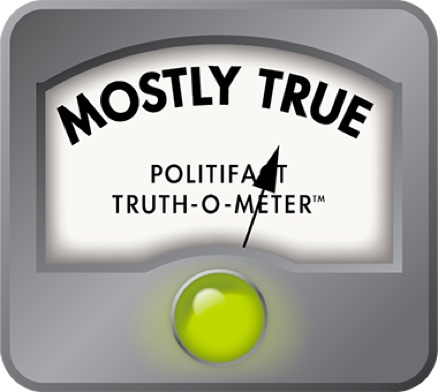The credit crisis of 2008 was the most dangerous world-wide financial crisis since the the Great Depression. It was caused by a housing price bubble, and by financial shenanigans pursued in the name of "hyper-efficiency" but which led to large-scale gambling: Big Wall Street Traders were buying million-dollar sports-cars by squeezing an extra 0.01% here and there, oblivious of real-world implications and with criminal cooperation from rating agencies. They eventually cost trillions to the real economy.
Disagree. I think the primary cause of the collapse was that we ignored the lesson we learned in 1929 about limiting margin ratios. We saw how allowing too much margin exposure destabilized the system and responded by limiting margin borrowing. However, as new forms of margin appeared we didn't apply that lesson to them and ended up in the same situation as 1929--too much margin-caused instability. The CRA, and the financial shenanigans set it off but that was only possible because of the underlying instability.
Unfortunately, we did not learn our lesson in 2008 and did basically nothing to curtail the exotic forms of borrowing. The same instability still exists. It's like the snow pack on the mountain--if it's unstable enough sooner or later the avalanche will be triggered. The nature of the trigger is unimportant, the underlying instability is what caused it.
I'm not sure why you say you "disagree" with me. My "hyper-efficiency" and "gambling" referred directly to excessive leverage. By the way, there are hyper-efficiencies other than excessive leverage that also pose risks to stability; high-frequency trading is one example.
But do not underestimate the sheer criminality that contributed to the crisis. The fancy new "investments" required good ratings from Moody's et al, but the favorable ratings were a corrupt joke. It is unethical for Wall St. salesman to exaggerate the way used-car dealers do, but many were well aware of financial flimsiness.
It's hard to prosecute Wall St. criminality. Passing new regulations after the fact is like Whack-a-Mole: New loopholes will be found. I think a very small tax on financial transactions would eliminate some of the useless
* hyper-efficiency and associated instability.





 I thought that Republicans — the "Moral Majority" — at least knew nursery-rhyme morality. Doesn't the industrious squirrel save nuts in summer? This savings becomes especially important if winter turns out to be very bad.
I thought that Republicans — the "Moral Majority" — at least knew nursery-rhyme morality. Doesn't the industrious squirrel save nuts in summer? This savings becomes especially important if winter turns out to be very bad.